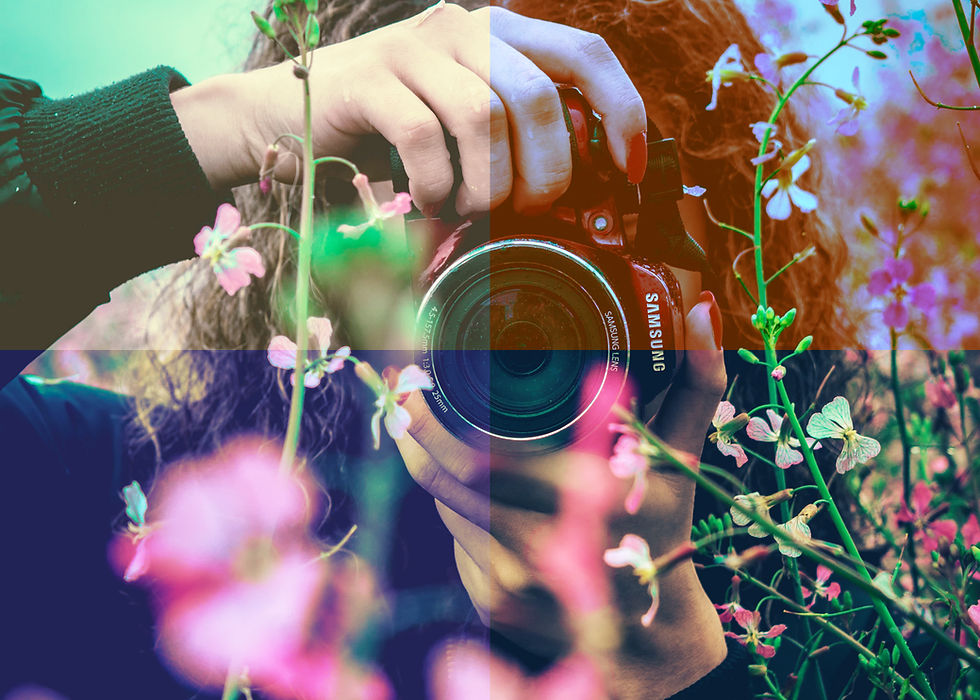HOW TO: Create Photoshop Image Brushes
- May 9, 2024
- 3 min read
Updated: Jul 23, 2024

You can use any kind of photo for a brush - textures, shapes, even handwriting. If you've ever wanted to learn how to use photos in Adobe Photoshop to create image brushes and get that "stamp" look, here is a quick tutorial to help!
1. PREPARE YOUR PHOTO:
For this example, I'm using a photo that already has a light color background. If you are trying to isolate a specific object it will always be easier to start with a white or light color background. Use Photoshop Adjustment Layers like Levels to brighten the background and create a contrast between the background and object as I did in this example below. You can also try Black & White to play around with the color and what kind of contrast you'd like in the brush.

If you are trying to isolate an object from a color or image background, use selection tools like the Object Selection Tool (https://creativecloud.adobe.com/learn/photoshop/web/object-selection-tool) for clean cuts. The Object Finder analyzes the image and identifies the different objects in the scene, as well as regions of sky or water. To see the objects Photoshop found, move the Object Selection tool over the image and view the colored overlays. You can see below the fern turned pink. To then select the object you've highlighted, move your cursor over it and click. You'll see it is then Then right click the selected object, choose Layer Via Copy to duplicate the object, and add a white background using New Fill Layer.
When you are done editing, SAVE. You can save as a PSD if you may need to adjust more later, or just use Flatten Image and save a copy of the finished edit as a JPG.

2. DEFINE BRUSH PRESET:
Open your saved flattened image, and with your updated image selected, go to Edit > Define Brush Preset. Give your brush a descriptive name and click OK. This adds your creation to the Brush library.

3. PLAY WITH YOUR BRUSHES:
That's it! You can now use your custom brush in Photoshop. Open a New Document and experiment with the brush. See if the contrast worked out as planned to create your stamp effect. Try different colors. Resize as normal in Brush Settings.
Find all the brushes you've created under Window > Brushes.
4. SAVE YOUR BRUSHES:
To save the brush presets to your computer, when in the Brushes menu, highlight all the brushes you wish to save. Right click and select Export Selected Brushes. You can then save them as an ABR file. When loading back into Photoshop, they will appear as a brush group folder with the name of the saved file.

If you'd like to create a different folder within Brushes, click on the icon in the top left corner that looks like four lines. Select New Brush Group and choose a name. Drag and drop the brushes into the folder. You can also highlight several folders and save together as an ABR file.
Using image brushes like these to create a stamp look is great for invitations or stationary, creating a signature for your professional work, or just for fun creating collages! Experiment with different selection tools to get unique brush shapes. Or explore online resources for pre-made brush packs you can import into Photoshop.
✨ Thank you for reading!






Thanks for the guide!!! By the way, why don't you record videos on such topics that will help beginners in photoshop? Especially since you can do screen recording and screenshots with https://www.screencapture.com/ without any problems.
I would love to see such videos from you, I think they will be quite informative.